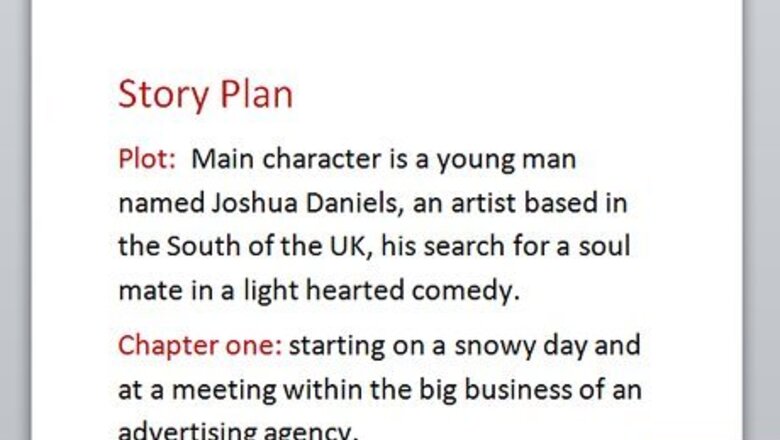
views
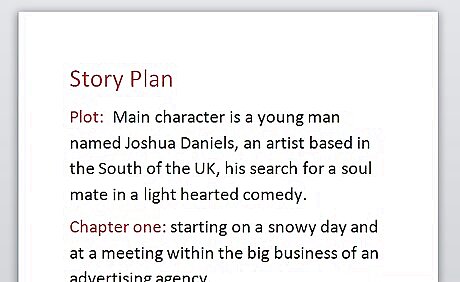
Make sure that your story has a title, plot, problem, closing, and a setting. Does it all make sense? How are your characters involved? Don't start writing until you have a good plan for your story. Ask others if they think it's good.
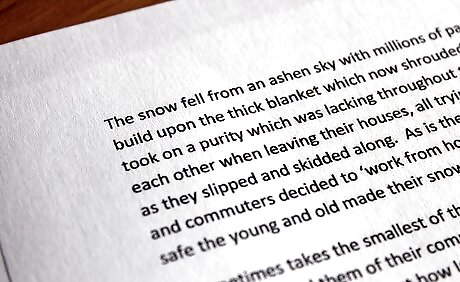
The beginning of you story/book should have a little background on your character(s) and setting, and also a description. You want to paint a mental picture for your readers so they know what's going on.
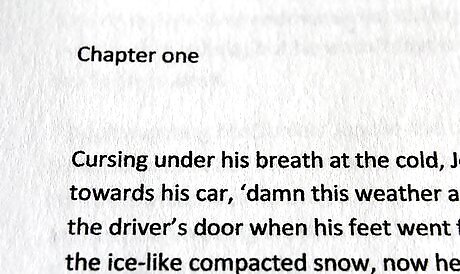
Make the first few sentences/paragraphs exciting and detailed to catch your reader's attention. This will make them want to read further.

As you write, use a lot of adjectives and elaborate your words. Instead of saying "The elephant I saw was big.", say "The colossal elephant that stood before me was amazing; ivory tusks gleaming in the sunlight, its intelligent brown eyes gazing deeply into mine." Makes a difference, huh?

Always remember to use proper punctuation, and don't write SO detailed that your readers get confused.
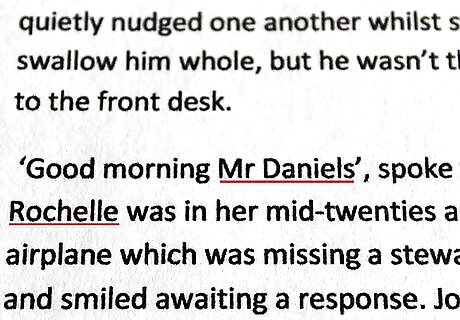
Remember to follow through with your plot and characters. Don't introduce a character and then never mention it for the rest of the story. Give each setting and character an entrance and exit (unless your main character(s) are at the very beginning and end of the story.
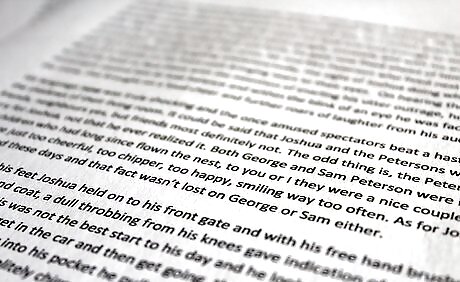
Be consistent. Don't start your story as a scary tale and then make it into a comedy.

Write so that when you read it over, you can see a picture in your brain of what is happening. Describing the setting is most important: What can the character(s) see? What does it look like? Describe color, lighting, movements, people and depth. What can they feel? What does it feel like? Describe texture, temperature, wetness/dryness and shape. What can they hear? What does it sound like? Describe the way people speak, background sounds (birds, wind) and other sounds. What can they smell? What does it smell like? Describe what it smells like, if it smells good or bad and what they are smelling. What can they taste? What does it taste like? Describe if it tastes good or bad and what they are tasting. Never overdo description. Readers have a good enough imagination to get most of a scene in their head. Use description as a base for action.

Point of view! Point of view! Focus on your characters. If you end up telling the story of another character, try switching to their point-of-view so we can see it through their eyes.

Elaborate terms. Instead of saying, "I went back into my mind, trying to find that moment.", say, "I raced back into my memory, searching with desperation to find that moment." Adjectives can easily be over-done, but if you do them right it's a great effect. Try to use few "-ly" words.
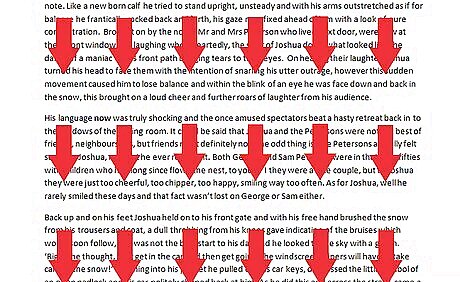
Pacing. A simple concept that takes a lifetime to master- in general, balance the exciting parts of the story with the dull and necessary parts. Keeping a reader engaged is an art form, and it requires thinking about your intended audience and what they want to hear. Try to make the climax of the story (Ex: a battle, a journey, etc.) just before the closing, but calm things down as you reach the end.
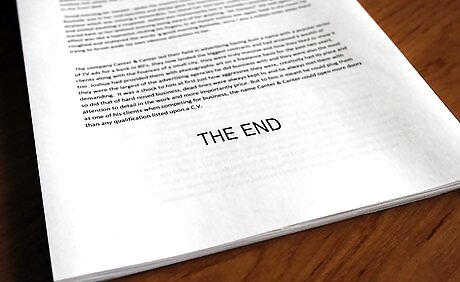
When you do end your story, be sure that you don't leave any loose ends, unless there is supposed to be a twist (or a sequel). Read over it and check that everything was summed up, and that your main closing is satisfying overall and you will land a bestseller, or would you?

















Comments
0 comment